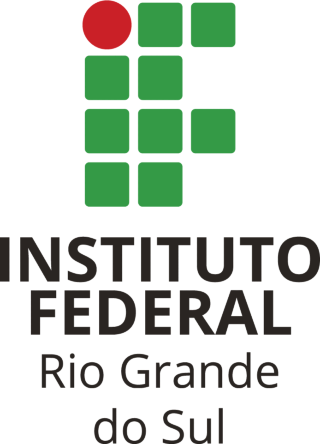| dc.contributor.advisor |
Aiub, Giovani Forgiarini |
pt_BR |
| dc.contributor.author |
Passos, Karine Matielo dos |
pt_BR |
| dc.date.accessioned |
2023-10-20T23:17:18Z |
pt_BR |
| dc.date.available |
2023-10-20T23:17:18Z |
pt_BR |
| dc.date.issued |
2018 |
pt_BR |
| dc.identifier.uri |
https://dspace.ifrs.edu.br/xmlui/handle/123456789/881 |
pt_BR |
| dc.description.abstract |
Neste estudo procurou-se observar a relação estabelecida entre o que é dito pelos professores de 4º e 5º ano dos anos iniciais do ensino fundamental da Rede Municipal de Ensino de Farroupilha/RS sobre o Referencial Curricular de Ensino, buscando compreender como se estabelece o imaginário da aula de língua portuguesa como a aula de gramática. Assim, baseado na teoria da Análise do Discurso francesa, tendo como suporte os textos de Pêcheux e Orlandi, buscando ainda o apoio de Moreira e Silva ao teorizar sobre currículo, produziu-se um arquivo a partir de questionários respondidos por professores da rede e deste arquivo realizaram-se as análises, buscando associar os processos de estabelecimento das formações imaginárias ao funcionamento do currículo oculto. As análises apontaram para duas diferentes formações discursivas, uma que concebe o referencial curricular como norteador da prática docente, insuficiente por não elencar conteúdos gramaticais a serem estudados e outra que concebe o referencial como um instrumento de apoio à aprendizagem dos estudantes, passível de ser utilizado ou não de acordo com as necessidades e interesses dos estudantes, o que evidencia o viés ideológico das diferentes concepções de língua, confirmando o funcionamento do currículo oculto nas salas de aula. |
pt_BR |
| dc.description.abstract |
The aim of this study is to observe the relationship between teachers in fourth and fifth
grades of Elementary School in Farroupilha - RS and the Teaching Curriculum
Framework. In order to understand how the imaginary of the Portuguese classes are
thought as grammar classes. Thus, based on French Discourse Analysis, with support
of Pêcheux and Orlandi’s texts, besides Moreira and Silva’s texts in the theorizing
about curriculum, an archive was produced from questionnaires which teachers of the
city answered, and from this archive, the analysis were carried out, seeking to
associate the processes of establishing imaginary formations with the functioning of
the hidden curriculum. The analyzes indicated two different discursive formations, one
that conceives the curricular referential as a guideline of teaching practice, insufficient
for not listing grammatical contents to be studied and another that conceives of the
referential as an instrument to support student learning, which can be used or not
according to the needs and interests of the students, which shows the ideological bias
of the different conceptions of language, confirming the functioning of the hidden
curriculum in classrooms. |
en |
| dc.format.mimetype |
application/pdf |
pt_BR |
| dc.language.iso |
por |
pt_BR |
| dc.rights |
Open Access |
en |
| dc.subject |
Linguagem e línguas |
pt_BR |
| dc.subject |
Análise do discurso |
pt_BR |
| dc.title |
O discurso dos professores sobre o referencial curricular de língua portuguesa dos anos iniciais da rede municipal de Farroupilha: um olhar discursivo sobre o currículo (oculto) |
pt_BR |
| dc.type |
Trabalho de conclusão de graduação |
pt_BR |
| dc.degree.grantor |
Instituto Federal de Educação, Ciência e Tecnologia do Rio Grande do Sul |
pt_BR |
| dc.degree.level |
Graduação |
pt_BR |
| dc.degree.date |
2018 |
pt_BR |
| dc.degree.local |
Feliz, BR-RS |
pt_BR |
| dc.degree.graduation |
Licenciatura em Letras Português e Inglês |
pt_BR |
| dc.degree.department |
Campus Feliz |
pt_BR |



